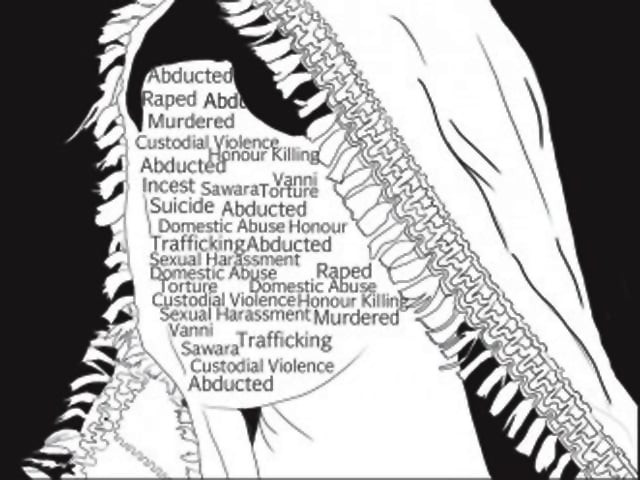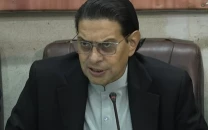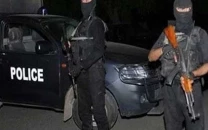Civil society demands immediate passage of anti-torture bill
‘Women face worst forms of physical and psychological abuse from police officials’.

This was said by participants at the launching ceremony of a project “Ending torture and ill-treatment of women in police custody”, organised by Oxfam-GB on Tuesday.
Among civil society representatives from Sindh and Punjab, the ceremony’s notable participants included Noreen Khalid, project manager of Oxfam-GB’s Girls Education and Ending Violence Against Women department; Ehsan Sadiq, Additional Inspector-General of Islamabad Police; and Mumtaz Shafiq, advisor of the Ministry of Human Rights.
The three-year project is a joint venture between Oxfam-GB, the European Commission (EC) and various non-governmental organisations (NGOs) in Sindh and Punjab. The project’s objective is to support NGOs in stamping out existing mistreatment, prevent future abuses, assist in the rehabilitation of torture victims and ensure the proper treatment of women in the custody of law enforcement agencies.
According to Khalid, Pakistani women face the worst forms of physical and psychological abuse from police officials, especially in police stations. From January 2000 to June 2009, 10,421 cases of police torture against women were reported in Pakistan. In the first half of 2009 alone, 695 such cases were reported. Although sexual violence is seldom reported, it is estimated that up to 70 per cent of the women in police custody face such abuse.
It should be noted that a very large number of cases simply go unreported.
The Human Rights Watch 2007 report states, “Survivors of violence encounter unresponsiveness and hostility at all levels of the criminal justice system, from police who fail to register or investigate cases of gender-based violence to judges with little training in or commitment to women’s equal rights.”
On domestic violence, Zakariya, representing South Asia Partnership-Pakistan, said our women feel better to stay at home and bear the violence instead of reporting it to the police.
“In general, if a woman goes to the police station or remains behind bars for a whole night, she loses her dignity and is not accepted by her family or society,” she said.
“Even the women in the darul aman (shelter) are deprived of basic facilities and are sexually abused by the male staff there,” she noted.
Sadiq, however, was of the opinion that torture needs to be looked at in broader terms. According to him, men were also hesitant to visit police stations. “Behavioural change in the police cannot happen overnight,” he said.
Published in The Express Tribune, February 16th, 2011.


















COMMENTS
Comments are moderated and generally will be posted if they are on-topic and not abusive.
For more information, please see our Comments FAQ